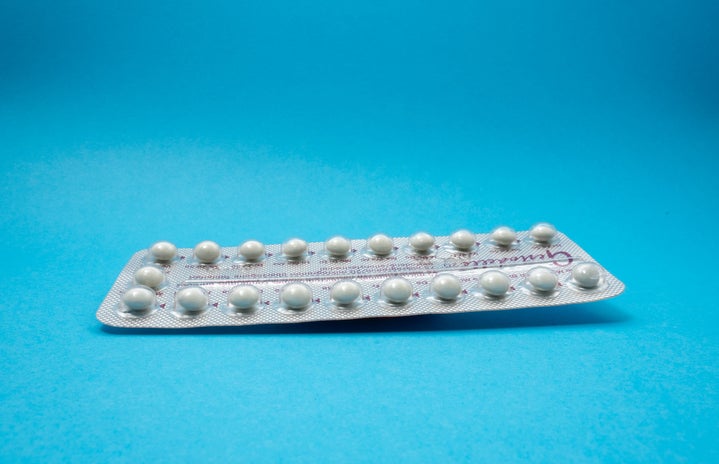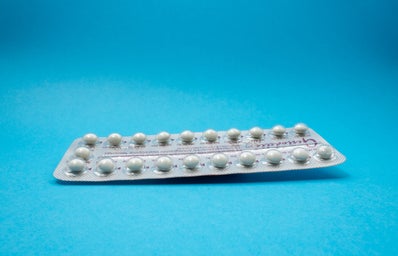As I get older, I find myself making decisions about my body and my life that I never thought I would have to make, mostly because I didn’t know I would have to. The lack of sex education has repercussions on young adult women; when I was in high school and middle school, birth control options were not discussed, sex was shunned, and I was not told about the changes that may happen to my body. I wish our sexual education was able to adequately equip us all for the life ahead of us, but since it didn’t — at least for me — I hope that this can help you.
In high school, I learned that when you bleed while you’re on the birth control pill, it isn’t actually your period; this is called withdrawal bleeding. Sounds kind of scary, I know. The pill stops your period from coming, and when you take the sugar pills, your body bleeds due to withdrawal from the hormones that you’ve been receiving when you take all the other pills. This is important information that everyone should know when they’re on the pill, but unfortunately, it’s not often that we’re told this.
We’re often taught to believe that the only reliable methods of birth control are the pill or condoms. This isn’t true! There are many other options out there, and an alternative method may work better for you. A birth control method that is rising in popularity is the IUD. This can be hormonal or copper and is inserted into your uterus to prevent pregnancy, and it’s actually more effective than the pill. If you’re considering going on it, or changing your birth control method, make sure to do your research to find what’s best for you. And, if you find the method you chose isn’t working for you, contact your doctor and figure out your best option.
Something I learned about in my first year of university was ovarian cysts. These are small sacs filled with fluid that develop on the ovaries. They’re mostly harmless and go away within months without treatment; many women can’t even feel them. However, this isn’t always the case, as they can rupture and cause intense pain to the extent that surgery is needed. Symptoms of ovarian cysts are pelvic pain, a change in your periods, bloating, and more. If you ever think you have one, contact your doctor to get it checked out! It’s better to be safe than sorry, and it’s reassuring to know what exactly is going on with your body.
You might not know this, but in Ontario, if you’re 21 and sexually active, you are eligible for a PAP test. The reason you have to be a certain age is that abnormal cells when you’re younger usually don’t stay that way, and you’re less at risk. The age at which you can take it changes depending on the province, but if you’re 21 or older, think about getting one done, because it can detect cervical cancer and you can also be tested for HPV at the same time.
I hope that you learned something from this article! If you’re curious about these topics, you should ask questions and do your research, because our bodies can be affected by things we don’t know about. It’s important that all of us are educated and informed enough to make the right decisions.


